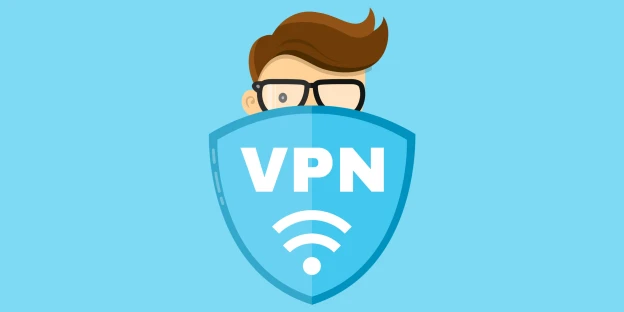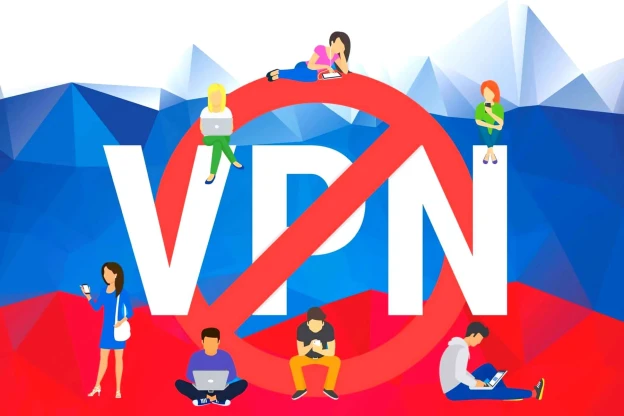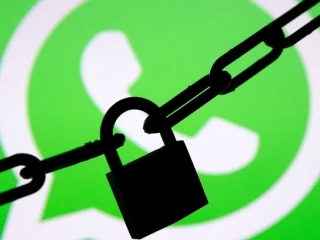
VPN ban in Russia 2025: consequences and alternative solutions
Legislative struggle against bypassing information blocking started in Russia in 2017. On November 1, 2017, the law on the prohibition of VPNs and anonymizers came into force, which regulates the actions of the owners of such services in situations with requests for information prohibited in the Russian Federation. However, until June 2023, ordinary and not only Internet users from Russia did not notice any particular problems with accessing the necessary sites using VPN extensions and applications.
Now, it seems that the Russian authorities have taken the path of China and have seriously taken up the fight against bypassing information blockages. The VPN ban in Russia is reaching a new level, as evidenced by reports of outages in popular and world-famous services such as Proton VPN and Nord VPN.
VPN locked down: what happened?

It seems that Roskomnadzor is haunted by the laurels of its Chinese colleagues with their “great Chinese firewall”. Indeed, at the beginning of the summer of 2023, Russian users faced the real consequences of the authorities’ struggle with anonymous surfing services. Today we are not talking about declarative normative acts that are developed purely formally. Such as, if you fantasize, “a decree banning the use of VPNs in the LPR.”
Already on June 2, confirmation appeared on the Web from a representative of Roskomnadzor that the department was taking measures to block VPN services. The main motivator of the Russian authorities is reportedly "a threat to Russian users." Therefore, the ban on the use of VPNs is a logical step in the implementation of the "Law on Communications", and the measures taken are "a real step towards achieving the information security of citizens."
Currently, we are aware of failures in the operation of certain services for customers of certain operators. It is not surprising, because blocking access is just in the hands of Internet communication providers. And there are a lot of services. Therefore, it is obvious that the ban on the use of VPNs in Russia will be implemented for a long time to come. Despite some local successes.
VPN ban in Russia: alternative ways to bypass blocking

For those who have already encountered the problem in question, or are just worried and want to know how to get around the VPN ban, the following information will be useful:
- For now, you can continue to use VPN services. Until they are all blocked. But there are so many offers on the market that for some indefinite (but very likely long) time, Russians will be able to bypass Roskomnadzor blocking in this way;
- Tor still works on the territory of the Russian Federation. Although formally his work is also prohibited. But this method is technically more difficult to block. As a result, Tor will continue to be a free surfing tool even if the VPN ban achieves significant results;
- proxy server. Intermediary between the user and the Internet. The requested information is first loaded on a remote server, and only then on the requester's computer. The method is working, but you should be careful, because the proxy does not provide the level of anonymity that VPN services provide;
- SmartDNS. The service, reminiscent of the work of a proxy server, allows you to open access to resources that have regional locks. This is achieved by using an intermediate server through which user requests are sent, and then the ban on VPN services in Russia is not terrible;
- Network access with zero trust. More technically complex for inexperienced users and is not directly related to bypassing blocking of Internet resources. However, due to the focus on ensuring security and privacy on the Web, it allows you to effectively mask the IP of users, providing them with an encrypted tunnel for web surfing. The method is aimed at large companies and still helps to bypass the VPN ban in Russia.
By the way, if you want to maximize your anonymity on the Internet, we recommend that you register using a virtual number from Grizzly Sms. All you need to do is buy a single or multiple SMS reception from 2 rubles, and then you can receive a verification message from any Internet site you need. Regardless of whether it is blocked or not on the territory of the Russian Federation.

The ban on VPN in Russia has moved to the stage of practical implementation. At the same time, all prohibitions apply to information service providers, who should restrict access to certain resources for citizens of the Russian Federation. Therefore, ordinary users still have the opportunity to obtain the information they need due to the variety of tools for bypassing locks. We hope that our readers will not be affected by the VPN ban. And if it does, you already know how to deal with it. Good luck!




































